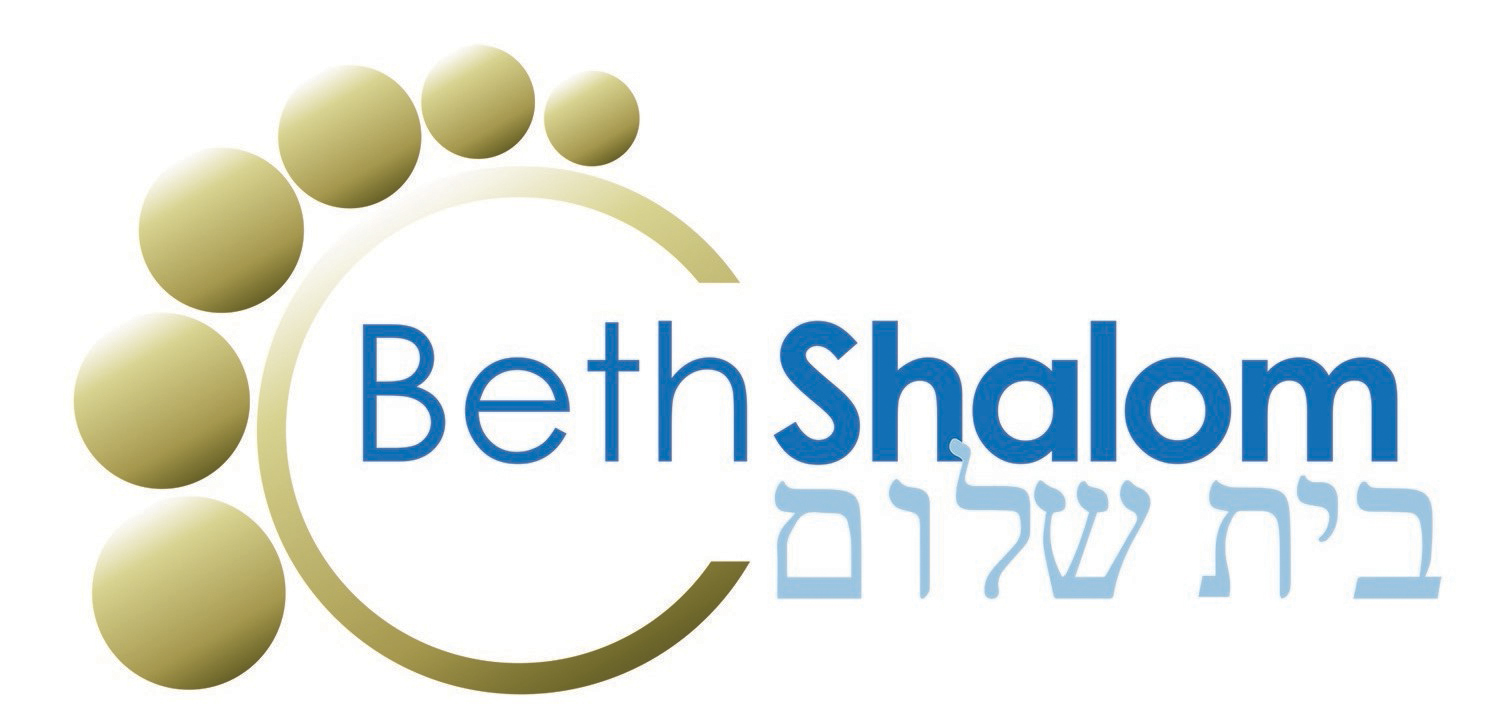A full description of kashering processes and listing of permitted foods can be found at:
www.rabbinicalassembly.org/pesah-guide
The process of kashering utensils depends on how the utensils are used. According to halakhah, leaven can be purged from a utensil by the same process in which it was absorbed in the utensil (kevolo kakh polto). Therefore, utensils used in cooking are kashered by boiling, those used in broiling are kashered by fire and heat, and those used for only cold food are kashered by rinsing in cold water.
A. Earthenware (china, pottery, etc.) may not be kashered. However, fine translucent chinaware which has not been used for over one year may be used if scoured and cleaned in hot water.
B. Metal utensils (wholly made of metal) used in fire (spit or broiler) must first be scrubbed and cleansed and then made as hot as possible. Those used for cooking or eating (silverware, pots) must be thoroughly cleaned and completely immersed in boiling water. Pots should have water boiled in them which will overflow the rim. The utensils should not be used for a period of at least 24 hours between the cleaning and immersion in boiling water. Metal baking utensils cannot be kashered.
C. Oven and Ranges - Every part that comes in contact with food must be thoroughly scrubbed and cleaned. Then, the oven and range should be heated as hot as possible for a half hour. If there is a broil setting, use it. Self-cleaning ovens should be scrubbed and cleaned and then put through the self-cleaning cycle. Continuous-cleaning ovens must be kashered in the same manner as regular ovens. A microwave oven, which does not cook the food by means of heat, should be cleaned and then a cup of water should be placed in it. Then the oven should be turned on until the water “boils.” A microwave oven that has a browning element cannot be kashered for Pesah.
D. Glassware - Authorities disagree as to the method of kashering drinking utensils. One opinion requires soaking in water for 3 days, changing the water every 24 hours. The other opinion requires only a thorough scrubbing before Pesach, or putting it through the dishwasher.
E. Dishwasher - After not using the dishwasher for a period of 24 hours, a full cycle with detergent should be run. It may then be used for Pesah.
F. Electrical Appliances - If the parts that come in contact with hametz are removable, they can be kashered in the appropriate way (if metal, follow the rules for metal utensils). If the parts are not removable, the appliance cannot be kashered. (All exposed parts should be thoroughly cleaned).
G. Tables, closets and counters - If used for chametz, they should be thoroughly cleaned and covered and then they may be used.
H. Kitchen Sink - A metal sink can be kashered by a thorough cleaning and by pouring boiling water over it. A porcelain sink should be cleaned and a sink rack used. If, however, dishes are to be soaked in a porcelain sink, a dish basin must be used.
I. Hametz and non-Passover utensils - Non-Passover dishes, pots and hametz, whose ownership has been transferred, should be separated, locked up or covered, and marked so as to prevent accidental use.
Permitted Foods
A. The following foods require no kasher lePesah label when purchased before or during Pesah: fresh fruits and vegetables that have not been coated, eggs, unflavored tea bags, unflavored regular coffee, 100% Extra Virgin Olive Oil, whole or raw tree nuts, whole (unground) spices, fresh fish from a kosher source and fresh kosher meat or frozen, raw hekhshered meat (other than ground products as ground products with prohibited materials could be made on the same equipment).
B. The following products require reliable kasher lePesah certification (regular kosher supervision not being sufficient) whether bought before or during Pesach: all baked goods (farfel, matzah, any product containing matzah, matzah flour, matzah meal, Pesach cakes), all frozen processed foods, candy, canned tuna, cheeses, chocolate milk, decaf coffee, decaf tea, dried fruits, herbal tea, ice cream, liquor, non Grade A butter, oils, soda, vinegar, wine, yogurt.
C. The following foods require no kasher lePesah label but do require kashrut supervision if purchased new and unopened before Pesach: all pure fruit juices in plastic or glass bottles, filleted fish, frozen fruit (no additives), non-iodized salt, pure white sugar (no additives), unsalted Grade A butter, white milk
D. Any processed food bought during Pesah must have a kasher lePesah label.
E. Any detergent, because it is not a food and it is not eaten, may be used for Pesah as long as it has valid kosher supervision.
Medicines: Since hametz binders are used in many pills, the following guidelines should be followed: If the medicine is required for life sustaining therapy, it may be used on Pesah. If it is not for life sustaining therapy, authorities differ in their approaches. Please consult with your rabbi. Capsules, because they do not need binders, are preferable to pills.
In December 2015, the Committee on Jewish Laws and Standards ruled kitniyot, or non-hametz grains and legumes such as rice, millet, chickpeas, fenugreek, etc., are acceptable for Ashkenazim to consume during Pesah provided the kitniyot have been checked 3 times before Pesah and were not stored with hametz.
